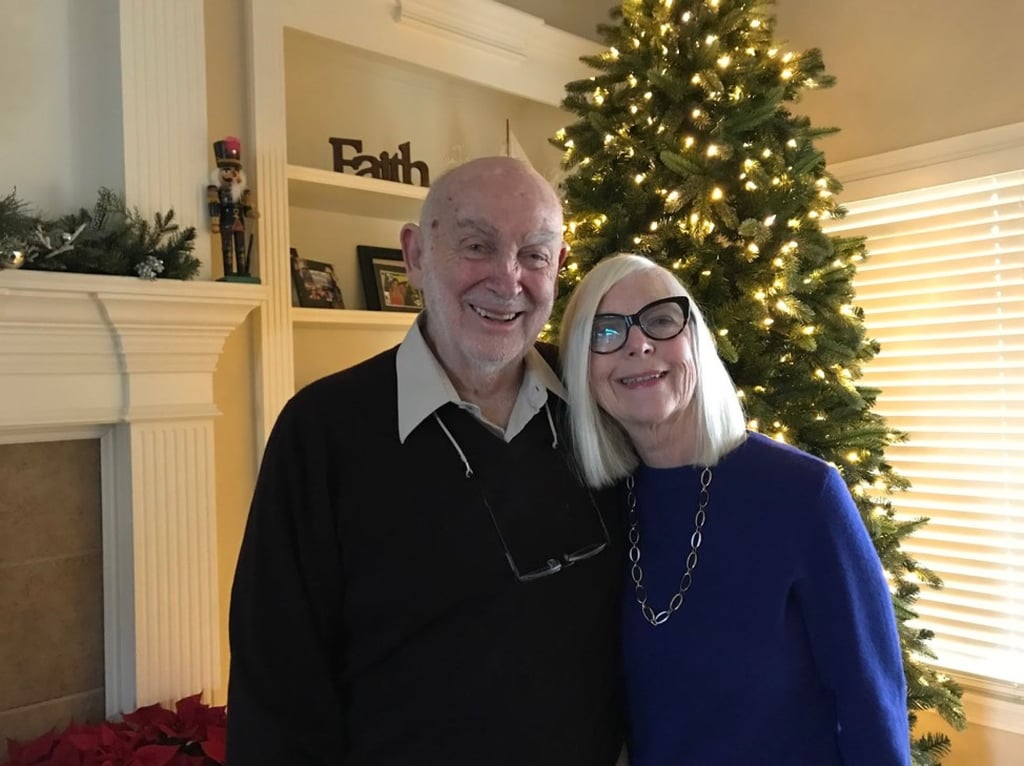How to keep your brain healthy into your 80s – tips from experts on ‘superagers’ and their habits
- ‘Superagers’ are people over 80 with brain integrity at least as good as people in their 50s to 60s, with outstanding ability to recall everyday events
- They seem to have several things in common, including resilience, an optimistic approach to life and strong connections to their community

Larry Seiger was in his early eighties when he learned he might be a “superager”.
A decade ago, while working as a part-time hospital-patient companion in the US state of Indiana, he read about a superaging study in his local newspaper and figured he could take part.
Superagers are defined by age and cognitive performance, says neuroscientist Emily Rogalski, who was running the study.
“They are 80-plus-year-olds with memory performance at least as good as individuals in their 50s to 60s,” she says, adding they have “outstanding episodic memory – the ability to recall everyday events and past personal experiences”.

To join her study, as Seiger did, their thinking and language skills, attention, and other cognitive abilities must be average or above, also.
Knowing people with Alzheimer’s disease, Seiger has long understood the importance of maintaining physical and cognitive health to avoid the disease. So he walks his dog regularly, looks after his wife and enjoys cerebral challenges – such as doing puzzles and Sudoku games.